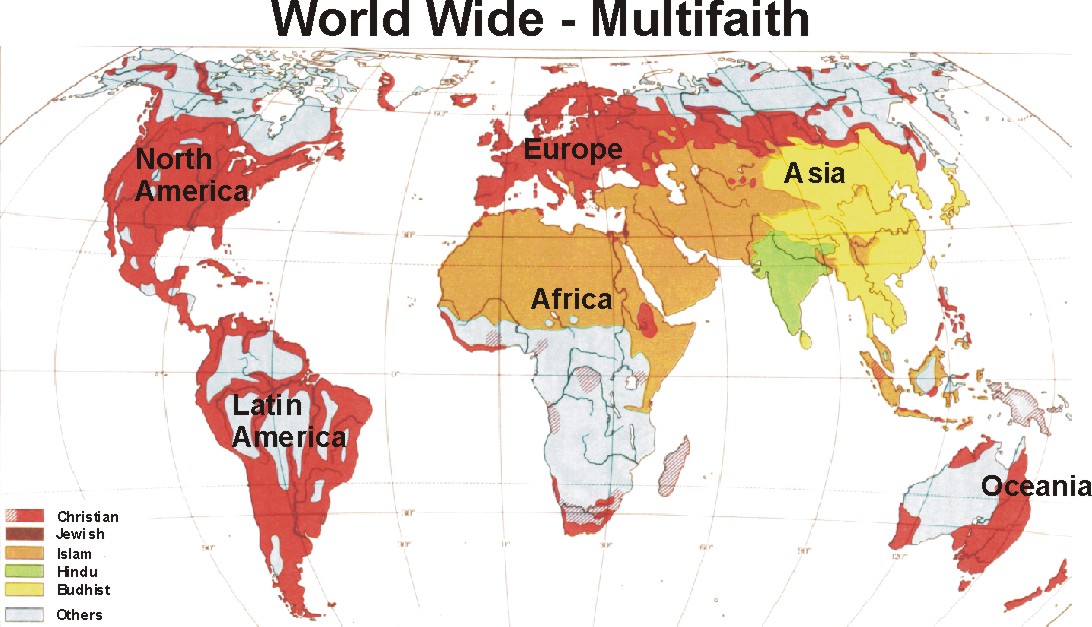|
Ideals and Beliefs
- Members must be able to commit themselves to working for peace, no matter what their governments might do.
- It is important that IFOR members remain committed to the search for nonviolent alternatives to conflict and to be willing to address injustices which lie at the root of conflict.
- The IFOR will accomplish its goals of non-violence by using education, actions and campaigns, programs for women's and youths' empowerment, by actively providing non-violence as a solution, and by maintaining strong links with higher governing powers.
- Individually members must also be willing to live lives of active non-violence, pursue a simple life, oppose war, aid those who are oppressed and exploited, actively oppose sexism and racism, and recognize that the present economic system is the cause of world injustices.
The Current Organization

- The IFOR is currently located in more than 40 countries on every inhabited continent.
- It is organized into national and regional chapters, but it avoids differences in separate chapters in order to give the organization unity.
- The IFOR is currently an active player in the culture of non-violence, non-violence training and education, women peacemaker programs, and youth empowerment programs.
- The IFOR also holds many conferences on education, empowerment, and peacemaking all over the world.
Questions or comments? Get in touch with IFOR at:
Mailing Address: The International Fellowship of Reconciliation
Spoorstraat 38
1815 BK Alkmaar
the Netherlands Phone: Tel: +31 72 512-3014 Information Sources
- Hedrick, Alice E. Peaceful Revolution: The Fellowship of Reconciliation and Social Change, 1915-1934. A thesis presented to the graduate faculty of the University of Virginia in candidacy for the degree of Master of Arts in the year 1965.
- Raven, Charles E. Theological Basis of Christian Pacifism. The Fellowship of Reconciliation, London, 1952.
- Artin, Tom. Earth Talk: Independent Voices on the Environment. Grossman Publishers, New York, 1973.
- Brock, Peter. The Roots of War Resistance, Pacifism from the Early Church to Tolstoy. Fellowship of Reconciliation, New York, 1981.
- Boulding, Elise. Cultures of Peace: The Hidden Side of History. Syracuse University Press, Syracuse Ny, 2000
- www.ifor.org
- web.tiscali.it/WIN/027
|

